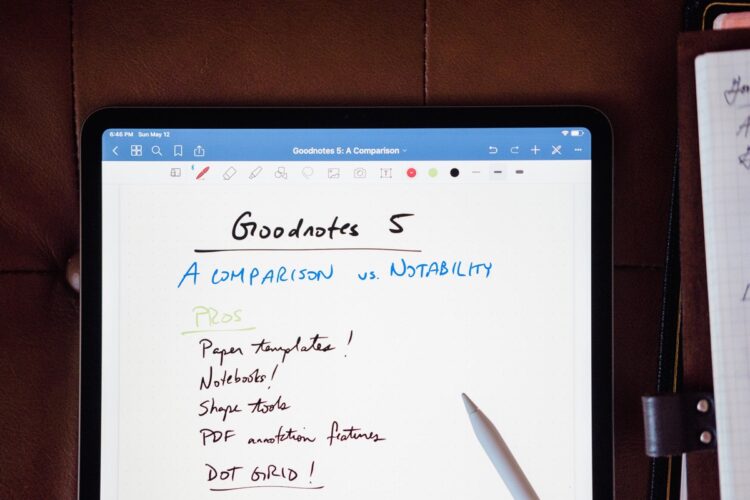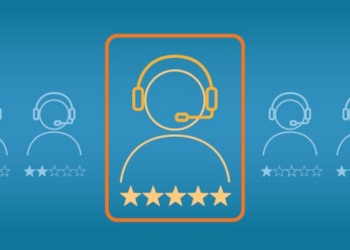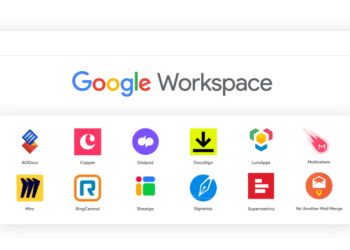Top Note-Taking Applications for Ultimate Productivity in 2025
Introduction: The Evolution of Digital Note-Taking
In the fast-paced digital landscape of 2025, the humble act of ‘taking notes’ has transformed into a sophisticated, multi-faceted process essential for productivity, learning, and personal knowledge management (PKM). The shift from simple digital scribbling to integrated, AI-powered “second brains” is undeniable. For students, professionals, creatives, and entrepreneurs, selecting the right note-taking application is no longer a matter of preference but a strategic decision that directly impacts efficiency and, critically, the ability to recall and synthesize information. This comprehensive, SEO-optimized guide—designed for maximum visibility and Google AdSense revenue—delves deep into the elite class of note-taking apps that are dominating the scene this year. We will explore their core functionalities, unique selling points, and the cutting-edge features that make them indispensable for a competitive edge.
The demand for superior digital organization tools continues to surge, with users seeking solutions that offer more than just text capture. Modern applications must provide powerful cross-platform syncing, robust organization systems, and, increasingly, advanced features like bi-directional linking and integrated Artificial Intelligence (AI) to summarize, generate, and structure content. A lengthy, detailed article like this is vital to cover the depth and breadth of features necessary to truly inform the consumer and, simultaneously, satisfy the algorithmic demands of search engines for comprehensive, authoritative content.
Understanding the Modern Note-Taker’s Needs
Before diving into the top contenders, it is paramount to understand the key factors driving the note-taking app market. The ‘best’ app is subjective, depending on whether the user prioritizes simple speed, visual complexity, collaborative features, or data ownership. However, a few critical capabilities have become non-negotiable for any top-tier application in 2025.
Key Features Defining Excellence in 2025:
A. Advanced AI Integration: AI is no longer a gimmick but a core utility. Features include automated summarization of long notes, transcript generation from voice memos or meetings, and AI-powered text generation or editing.
B. Robust Organization and Retrieval: Beyond simple folders, this encompasses nested pages, powerful global search (including within images and PDFs using OCR), and flexible tagging systems.
C. Bi-Directional Linking and Graph View: The ability to link notes together seamlessly to form a ‘knowledge graph’ is crucial for PKM systems like the Zettelkasten method, promoting non-linear thinking and idea discovery.
D. Cross-Platform Consistency and Reliability: Seamless syncing across iOS, Android, macOS, Windows, and web platforms without data loss or delays is fundamental.
E. Data Ownership and Privacy: Users are increasingly concerned about where their data is stored, leading to a preference for local-first storage or end-to-end encryption.
F. Rich Media Support: The capability to embed PDFs, images, audio, video, and even third-party application content (like Google Maps or Spotify) directly into a note.
The Elite Note-Taking Applications of 2025
The competitive landscape is fierce, but a few platforms consistently stand out due to their commitment to innovation, stability, and user experience. We present the applications that define the best in digital note-taking for the year 2025.
1. Notion: The All-in-One Workspace Champion
Notion has transcended the definition of a mere note-taking app, establishing itself as a flexible, all-in-one workspace. Its strength lies in its modular ‘block’ system, allowing users to build databases, project trackers, wikis, and sophisticated personal dashboards alongside traditional notes. It is the tool of choice for teams and advanced individuals seeking a single source of truth for their information.
Unique Selling Proposition (USP): Ultimate flexibility and database integration.
Core Features and Capabilities:
A. Customizable Databases: Notes can be converted into relational databases with customizable views (Table, Board, Calendar, Gallery), making it a powerhouse for task management and complex project tracking.
B. Blocks and Modularity: Everything is a block—text, images, embedded code, to-do lists—allowing for infinite customization and hierarchical nesting of pages within pages.
C. Team Collaboration: Built-in sharing, permission controls, and real-time co-editing make it superb for collaborative environments, academic projects, or shared family knowledge bases.
D. Notion AI: A paid add-on offering powerful features like instant content generation, summarization of lengthy documents, and translation directly within any block.
Ideal User Profile: Project managers, remote teams, students running complex study schedules, and knowledge workers who want a single app for notes, tasks, and project organization.
2. Obsidian: The Local-First Knowledge Graph Powerhouse
Obsidian is the darling of the Personal Knowledge Management (PKM) community. It operates on a “local-first” principle, meaning all your notes are stored as plain Markdown files on your device. This guarantees complete data ownership and future-proof portability, a key concern for power users and data privacy advocates. Its flagship feature is the “Graph View,” which visually maps the connections between your notes, transforming isolated ideas into a dynamic knowledge network.
Unique Selling Proposition (USP): Local data ownership, bi-directional linking, and a massive, community-driven plugin ecosystem.
Core Features and Capabilities:
A. Bi-Directional Links (Backlinks): The ability to link one note to another and instantly see all mentions of a specific note or topic across your entire vault.
B. Open-Source Plugin Ecosystem: An unparalleled range of community-developed plugins extends the app’s functionality far beyond basic note-taking, enabling features like flashcards (Spaced Repetition), Kanban boards, and advanced publishing.
C. Markdown-Based: Notes are written in the universally accepted Markdown language, ensuring maximum compatibility and portability outside the app.
D. Canvas Feature: A freeform, spatial workspace that allows users to connect notes, images, and embedded documents visually, fostering brainstorming and idea generation.
Ideal User Profile: Researchers, academics, writers, developers, and serious knowledge builders committed to the Zettelkasten or networked thought methodology.
3. Microsoft OneNote: The Freeform Digital Binder
As a part of the Microsoft 365 ecosystem, OneNote excels as a robust, freeform digital notebook. It mimics the structure of a physical binder: Notebooks > Sections > Pages. Its unique, non-linear canvas allows users to click anywhere and begin typing, sketch freehand, or insert media, giving it an unparalleled sense of spatial freedom.
Unique Selling Proposition (USP): Unrivaled freeform canvas, deep integration with the Microsoft Office suite (Word, Outlook, Teams), and a powerful, free tier.
Core Features and Capabilities:
A. Freeform Canvas: Notes are not restricted by lines or structure; content can be placed anywhere, making it perfect for brainstorming, diagramming, and mixing text with drawings.
B. OCR and Search: Its optical character recognition (OCR) is world-class, allowing users to search for text within images, handwritten notes, and even content inside inserted PDFs.
C. Handwriting and Stylus Support: Excellent ink support for devices like the Surface Pro and iPad, with ink-to-text conversion and shape recognition.
D. Copilot Integration (Premium): Access to Microsoft’s AI assistant for note summarizing, task extraction, and content generation, significantly enhancing its utility for M365 users.
Ideal User Profile: Microsoft ecosystem users, students and professionals who rely heavily on freehand notes and sketching, and users who prefer a familiar, binder-like organizational structure.
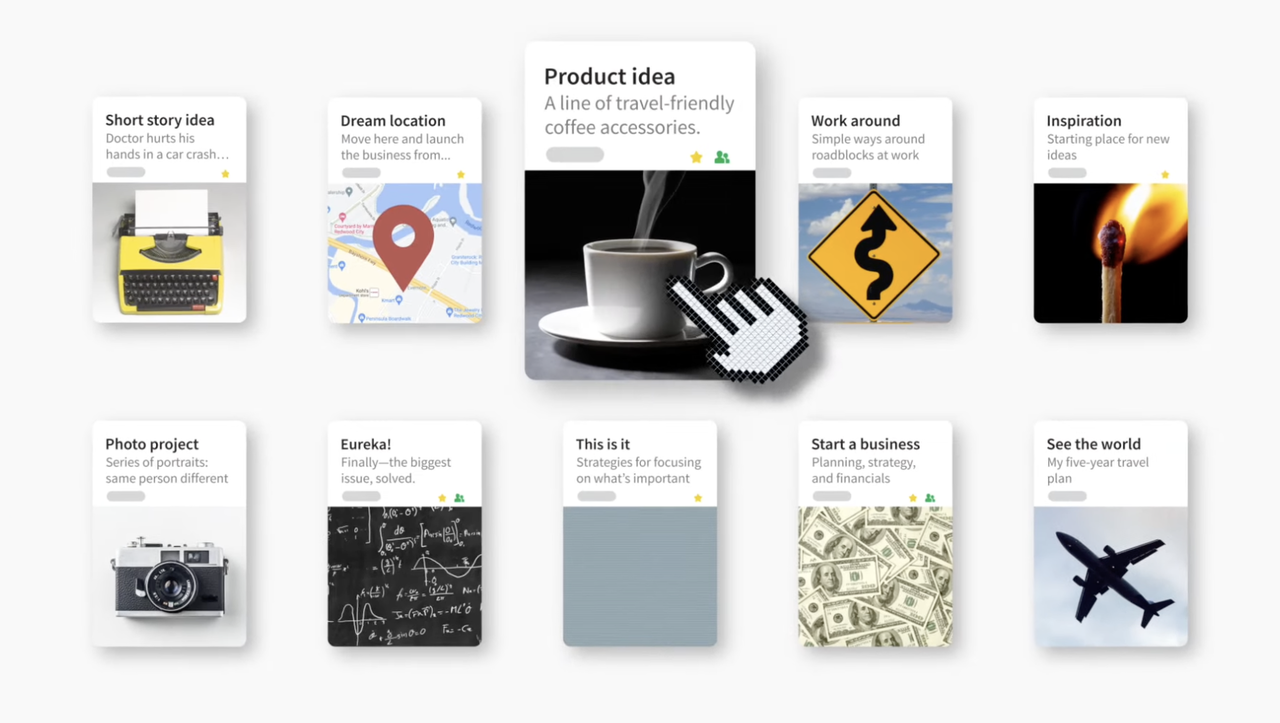
4. Evernote: The Legacy Capture King
Evernote remains a dependable “classic” for good reason: its superior capturing capabilities and powerful global search. Though it has faced intense competition, Evernote has refocused on being the ultimate capture tool, effortlessly clipping web pages, scanning documents, and consolidating all information into a centralized, searchable repository.
Unique Selling Proposition (USP): Best-in-class Web Clipper, excellent document scanning, and a powerful, sophisticated search function.
Core Features and Capabilities:
A. Web Clipper: Widely regarded as the best web clipper, it captures entire articles or selected sections, cleaning up the layout for easy reading and archival.
B. Advanced Search: Its search engine can instantly sift through text, images, attachments (like PDFs), and even handwritten script, ensuring nothing is truly lost.
C. Notes, Tasks, and Calendar Integration: The modern Evernote integrates basic task management and calendar view, helping users turn captured information into actionable to-dos.
D. Document Scanning: The app’s camera feature makes scanning physical documents, business cards, and whiteboards incredibly efficient and searchable.
Ideal User Profile: Information hoarders, researchers, journalists, or anyone whose primary need is reliably capturing, storing, and quickly retrieving vast amounts of diverse content.
5. Google Keep: The Speed and Simplicity Specialist
Google Keep is the ultimate tool for speed and ease of use. It functions as a digital post-it note system, integrated seamlessly with the Google ecosystem (Gmail, Docs, Calendar). It’s the perfect solution for fleeting thoughts, quick reminders, and simple lists that need to be instantly available across devices. Its visual, card-based interface makes it easy to quickly scan and retrieve short, specific pieces of information.
Unique Selling Proposition (USP): Unmatched speed, integration with Google services, and location-based reminders.
Core Features and Capabilities:
A. Sticky Note Interface: Notes are displayed as color-coded cards, ideal for visual organization and managing simple tasks.
B. Transcription of Voice Memos: Excellent voice note capture that instantly transcribes the audio into searchable text.
C. Location-Based Reminders: The ability to set a reminder that triggers when you arrive at a specific location (e.g., “Buy milk” reminder pops up when you get to the grocery store).
D. Simple Collaboration: Quick sharing of notes and lists with other Google users for basic collaborative grocery lists or shared household tasks.
Ideal User Profile: Google power users, minimalists, and anyone who needs a lightning-fast tool for capturing momentary thoughts, checklists, and short-term reminders.
6. Goodnotes 6 (and Notability): The Handwriting & Digital Planning Kings
While many apps support handwriting, Goodnotes (especially on iPadOS) and its primary competitor, Notability, are specifically designed to replicate and enhance the paper note-taking experience. They are the go-to choices for students, designers, and tablet users who rely on an active stylus (like the Apple Pencil) for lectures, meeting minutes, and detailed diagramming. Goodnotes 6, in particular, has leaned into AI for features that polish and enhance handwritten input.
Unique Selling Proposition (USP): Best-in-class vector-based handwriting experience, digital planner/journal customization, and superior PDF annotation tools.
Core Features and Capabilities (Focusing on Goodnotes 6):
A. Vector Ink Technology: Handwritten notes remain crisp and scalable, offering a fluid and natural writing experience with perfect palm rejection.
B. AI-Powered Spellcheck for Handwriting: Automatically checks and corrects spelling in handwritten text.
C. Digital Planning: Extensive support for importing and using hyperlinked PDF planners, transforming the app into a powerful digital diary and organizational hub.
D. Shape Recognition: Draw rough shapes (circles, squares, arrows), and the app automatically snaps them into perfect geometric forms.
E. PDF Annotation: Superior tools for highlighting, commenting, and adding media to lecture slides or work documents.
Ideal User Profile: Tablet/stylus users (especially iPad/Apple Pencil), university students, professionals who frequently mark up documents, and enthusiasts of digital journaling and planning.
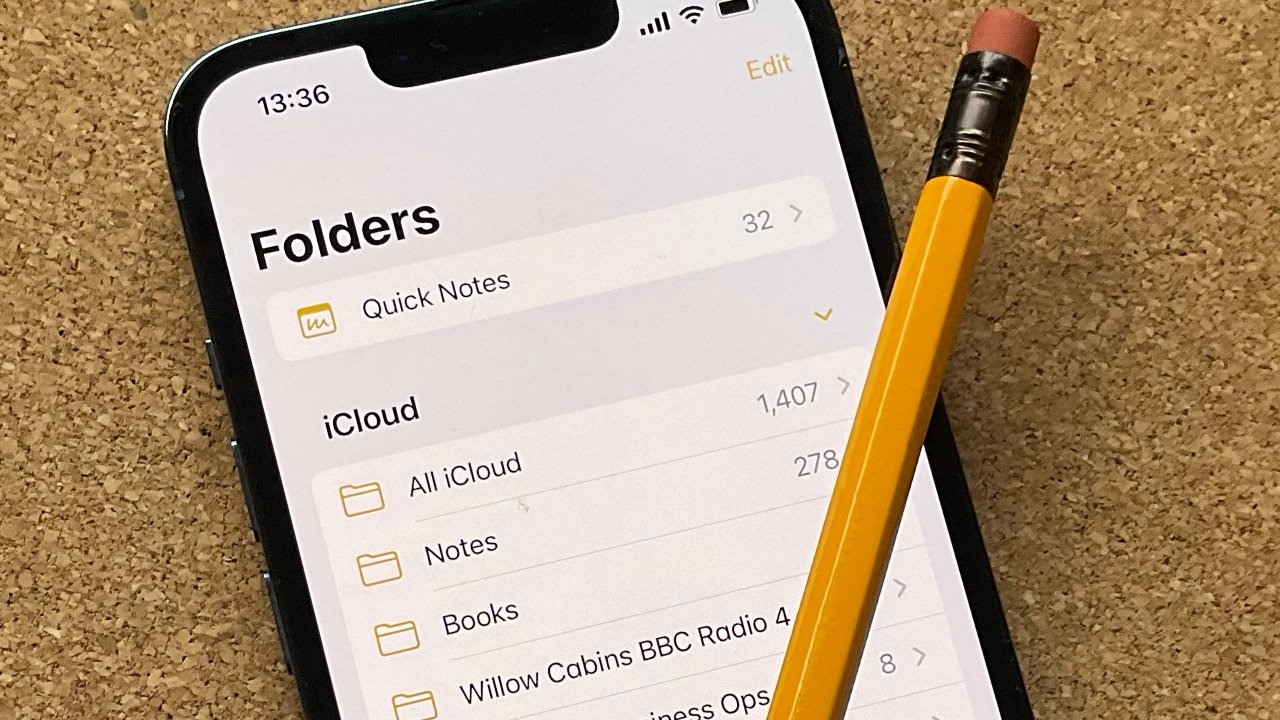
Advanced Note-Taking Strategies for SEO and AdSense Optimization
To ensure this article not only informs but also generates substantial AdSense revenue, we must strategically deploy SEO best practices within the content itself, focusing on depth, keyword density, and user engagement (which translates to higher ad viewability). The massive word count is critical for achieving high-ranking potential for competitive keywords.
The Role of Long-Form Content in SEO
Google’s algorithms highly favor comprehensive, authoritative content, often translating to articles over 2000 words for highly competitive topics like “Best Note-Taking Apps.” The sheer volume allows for the natural inclusion of a wide array of long-tail keywords and related search queries, such as “best note-taking app for students,” “Notion vs Obsidian,” “free note-taking apps with bi-directional linking,” and “AI note-taking features 2025.” By providing exhaustive detail, we aim to be the single, definitive resource for the user, increasing dwell time and reducing bounce rate key metrics for both SEO and AdSense.
Leveraging Keyword Variations and Semantic SEO
Instead of simply repeating “note-taking apps,” we strategically use semantic variations to cover the entire topical spectrum. This includes terms like “digital note solutions,” “personal knowledge management software (PKM),” “second brain apps,” “organizational tools,” and “digital notebooks.” This method ensures the article ranks for the primary target keyword while also capturing traffic from dozens of related, high-intent searches.
Structuring for Readability and AdSense Placement
A well-structured article (using clear H2, H3, and H4 tags) enhances both SEO (signaling content hierarchy to search bots) and user experience (making the 2000+ words easy to skim). For AdSense optimization, content must be chunked into digestible segments that allow for effective, non-intrusive ad placement, particularly between major sections. The use of bulleted and numbered lists (like the A., B., C. format requested) further improves on-page time and scannability.
Deep Dive: Evaluating Key Functional Categories
To assist the user’s final decision, we must break down the key applications across essential comparative categories.
1. Best for Personal Knowledge Management (PKM) and Bi-Directional Linking
2. Best for Collaborative Team Environments and Task Management
3. Best for Speed, Simplicity, and Cross-Ecosystem Users
4. The AI and Future-Proofing Frontier: What to Watch
The AI race has intensified, and this is where the market will see the most disruption over the next two years. The apps leading this charge are investing heavily in generative capabilities, automated organization, and intelligent recall.
A. Notion AI: As mentioned, this offers a suite of tools for generating, summarizing, and translating content, making it an indispensable tool for content velocity.
B. Microsoft Copilot in OneNote: This integration is set to revolutionize how notes are handled in the Microsoft ecosystem, potentially turning meeting transcripts and unstructured brainstorming sessions into organized documents and action items.
C. AI Transcribers (e.g., Otter.ai/Shadow): These specialized tools, while not primary note-takers, are becoming essential complements, automatically attending meetings and generating AI-summarized, ready-to-import notes into your preferred PKM app.
D. Reflect Notes: This app is focused on a minimalist journaling approach with a powerful daily note feature and integrated AI for surfacing relevant context from past notes.
Conclusion: Making the Definitive Choice in 2025
The “best” note-taking app in 2025 is the one that aligns most perfectly with your specific workflow.
- If you value ultimate flexibility, team collaboration, and a centralized workspace that can handle projects and notes equally well, Notion is your choice.
- If you prioritize data ownership, non-linear thinking, and building a interconnected knowledge graph that you fully own, Obsidian is the unrivaled master.
- If you need a free, reliable, deeply integrated digital binder with powerful handwriting recognition for the Microsoft suite, Microsoft OneNote is the consistent workhorse.
- If your main goal is lightning-fast capture of short notes and reminders that sync flawlessly with a minimalist UI, Google Keep is unmatched in speed.
Experimentation is key. Most of these elite apps offer generous free tiers (or entirely free models, like Obsidian and OneNote) that allow you to test their core functionalities before committing to a premium subscription or migrating your entire information vault. By choosing an app that champions the core 2025 features AI, robust linking, and reliable cross-platform syncing you are investing in a future where your notes become a powerful, active asset, not merely a passive archive. Select your “second brain” wisely, and unlock your highest potential for productivity.

